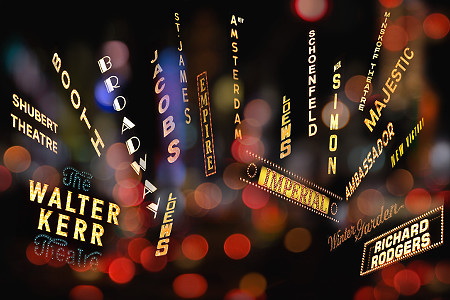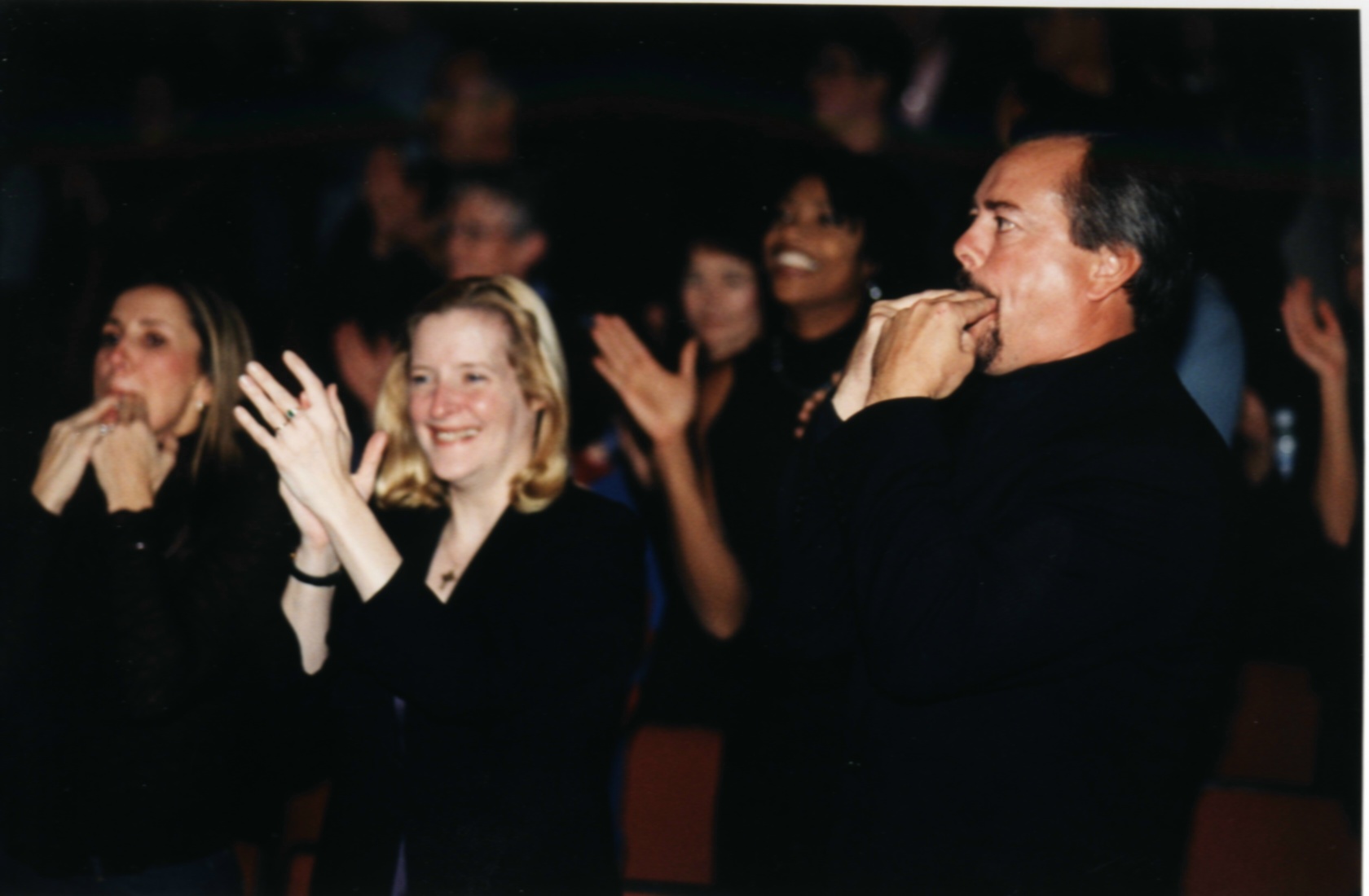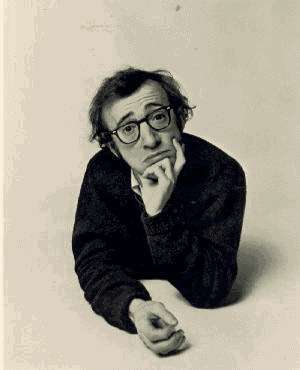Woody Allen and the Standing Ovation
May 17
“80% of success is just showing up.” — Woody Allen
Agreed. But should we give our highest praise for just showing up? Shouldn’t we save that for the other 20%: showing up with something truly outstanding?
 Take Broadway. Please. A pet peeve of mine and many another cranky critic is the standing ovation, which every show seems to get, whether it’s good — let alone great — or not.
Take Broadway. Please. A pet peeve of mine and many another cranky critic is the standing ovation, which every show seems to get, whether it’s good — let alone great — or not.
Go to a show today and be prepared to stand up at curtain time or else be seen as The Grinch Who Stole Broadway. Harrumph. I appreciate good acting and good writing. Hell, I’ll even applaud the scenery. But a standing ovation was supposed to be a spontaneous burst of exurberance reserved for a performance so special that it takes your breath away, something that you talk about for years. Or decades.
Example: Laurette Taylor in The Glass Menagerie back in 1940s. Few of us actually saw this show (before our time, and all), but actors, waiters waiting to be actors, and others who love the theatre still talk about The Performance. I hope there was one hell of a standing ovation for that.
And yes, there are lots of nice shows on Broadway today, and I go to a lot of them. But I can’t think of any in recent memory that will be remembered in 50 or 60 years. And yet, everyone jumps to their feet and clap like seals, so long and so loud that you’d think we had witnessed the second coming (of Ms.Taylor?) — at every single performance.
I have a few ideas about all this, but I wonder what Woody would do . . .
Follow the Money
It could all boil down to cost. Unless you score discount tickets, good orchestra seats run over a hundred bucks, plus tax and service charges. What services they are performing (no pun intended) — other than providing the tickets — is a mystery.
“Premiere seating” can be hundreds of dollars. When The Producers became a humongous hit some years back, you could still get tickets: for $425. Fortunately, that gambit didn’t work for Young Frankenstein, but only because critics and audiences agreed that the show wasn’t great. Although it did, of course, get standing ovations.
If you pay a lot, you want to like it. Plus, you have to tell the folks back home, even if back home is across town, what a great show it was, proving how very savvy you are. On the other hand, New Yorkers frequently complain about the turkeys, which is just a different kind of bragging: I am soooo sophisticated, the show just wasn’t good enough for me.
 And yet we stand. All those people rising to their feet when the curtain falls can’t be out-of-towners. New Yorkers love to play “Blame It On The Tourists,” but I think this includes the natives.
And yet we stand. All those people rising to their feet when the curtain falls can’t be out-of-towners. New Yorkers love to play “Blame It On The Tourists,” but I think this includes the natives.
Maybe they’re restless. People sitting that long need to stand, like the way we jump up after a plane ride as if we’ve been ejected from our seats. But do we have to hoot and holler, too?
Hold on. There could be yet another, deeper reason for all these Standing O’s. Something to do with the way we’ve been praising the tiniest little bit of effort (“Good job, everybody!”) for the last 10 or 20 years. This is especially true with children — some of whom have grown up and go to the theatre, where they applaud everything. Why not? We routinely give prizes to everybody and trophies to his uncle. We can’t just reward the winners, because then there would be (gasp!) losers.
Alex Baldwin did a funny bit on SNL about a coach giving “Participation Awards” to a terrible swimming team. Participation, huh? Sounds like “showing up” to moi.
I’m all for showing up. Did it all my life. But I don’t remember any standing ovations. Or sitting ones even. If a boss or a client didn’t grouse and grumble, paid the bill or didn’t fire me, that was a win. Although, come to think of it, a little irrational exuberance would have been nice once in a while.
The actors must love it, especially if they grew up in the era of over appreciated children. But we’re talking about Broadway here, not a school play (where the ‘rents and g-‘rents can never be blamed for being overly enthusiastic: it’s our job). But if bigtime actors get a standing ovation every single time, how do they know when they really are great? And if they’re rewarded for being mediocre, how will they ever get great?
 In view of all this, I wonder what happens when The Woodman, who is a performer himself along with being an important philosopher of our time, goes to a play. What exactly does Woody Allen do at the end of the performance?
In view of all this, I wonder what happens when The Woodman, who is a performer himself along with being an important philosopher of our time, goes to a play. What exactly does Woody Allen do at the end of the performance?
•Stand up 80% of the way?
•Applaud at 4/5 volume?
•Join the overheated ovations like 80% of the audience?
He can’t just sit there.
Philosophers, unlike bloggers, should be consistent. And the actors did show up.


